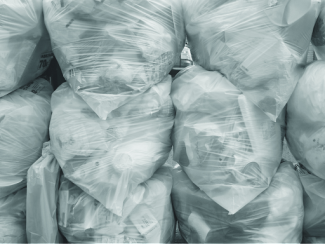
We often define colonialism as one nation dominating and exploiting another. But that includes something called waste colonialism.
In the 1980s, African nations discussed how American and European countries disposed of hazardous waste in their communities. Decades later, it’s still happening.
Back then, Italian firms paid a man in Koko, Nigeria just $100 monthly to store toxic waste in his lot. That meant thousands of smelly, leaking barrels of chemicals that left villagers with paralysis, nausea, and birth complications. The lot’s owner eventually died of throat cancer himself.
Since the 1950s, the U.S. and Europe have offloaded second-hand clothing to a community in Accra, Ghana. With the rise of fast fashion, they receive nearly double the waste they can process daily. Fabrics wash into sewers, pile high in landfills, and catch fire, leaving the sky black for days.
And despite Kenya’s legal efforts to regulate tourist and resident use of single-use plastics, the Nairobi River is still weighed by pollution.
Colonial nations send waste to these countries because they’re so-called under-developed, but the colonizers and their waste are responsible for that under-development.
Despite having independence, colonialism continues to exploit African resources - and we’re encouraged to participate without considering the consequences.
But, no matter where we are in the diaspora, we can all start to resist by refusing to believe that Africa is a dumping ground for the world’s waste.